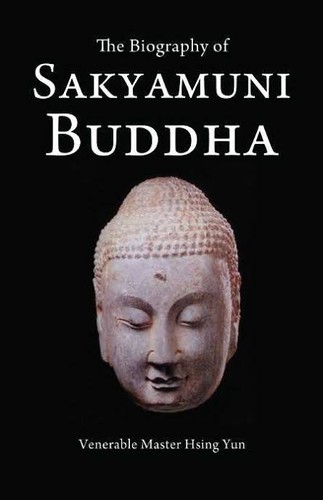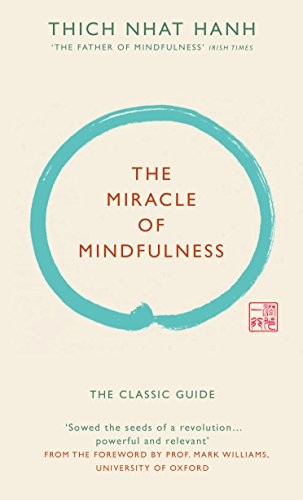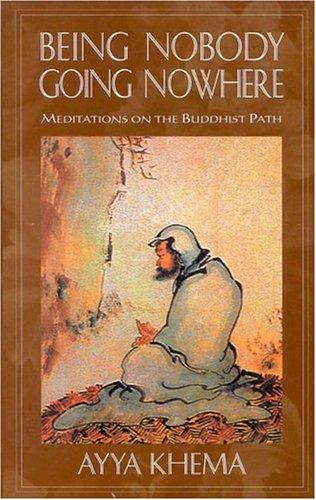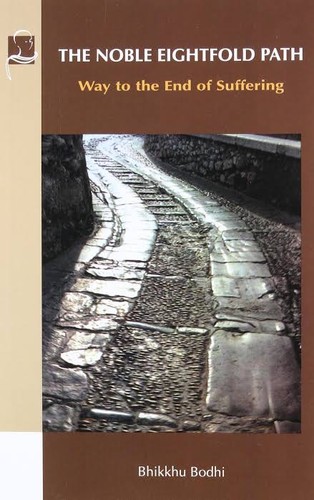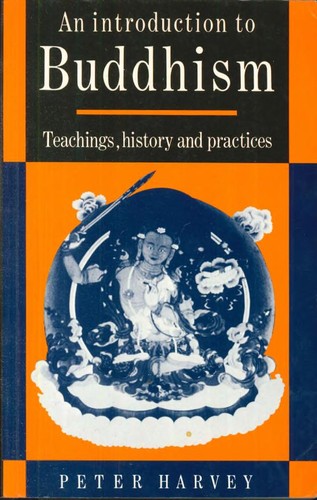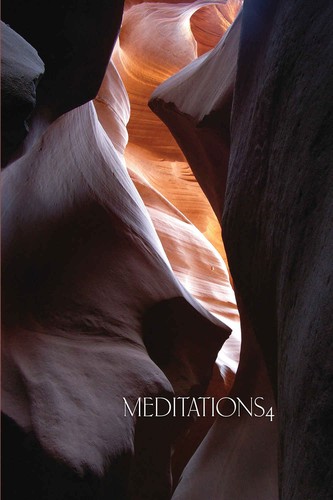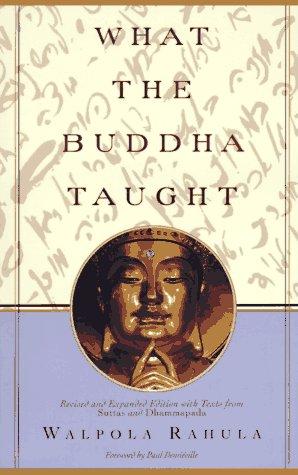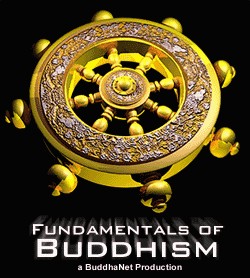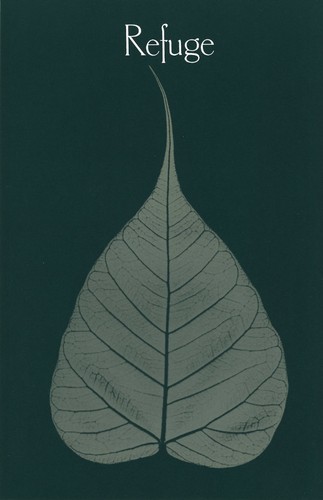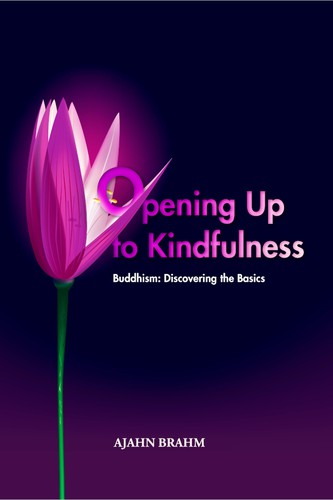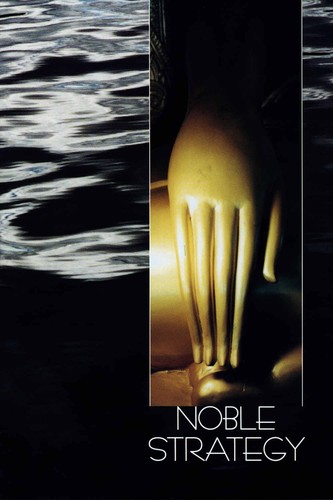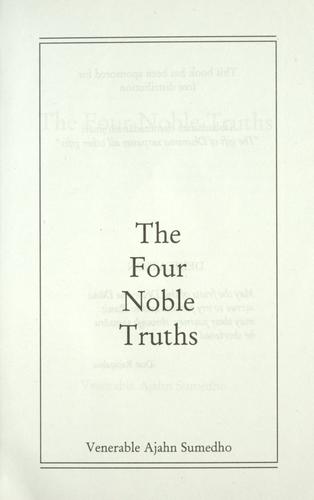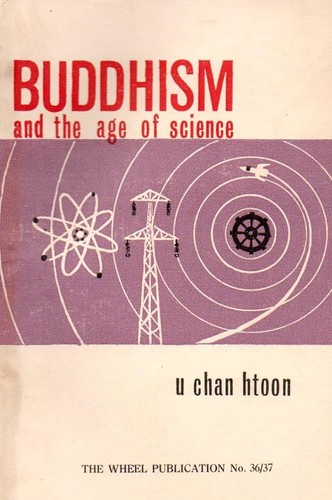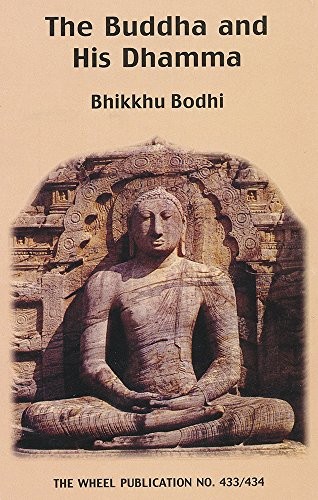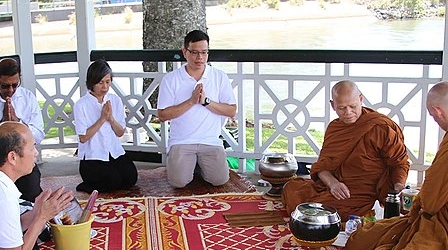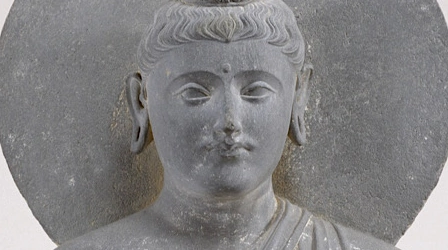Buddhism
Also available: As a Syllabus
Subscribe to this topic via: RSS
The religion founded by the Buddha in approximately the 5th century BCE in the Ganges River Valley.
Below you’ll find links to over a hundred free works introducing Buddhism organized by type.
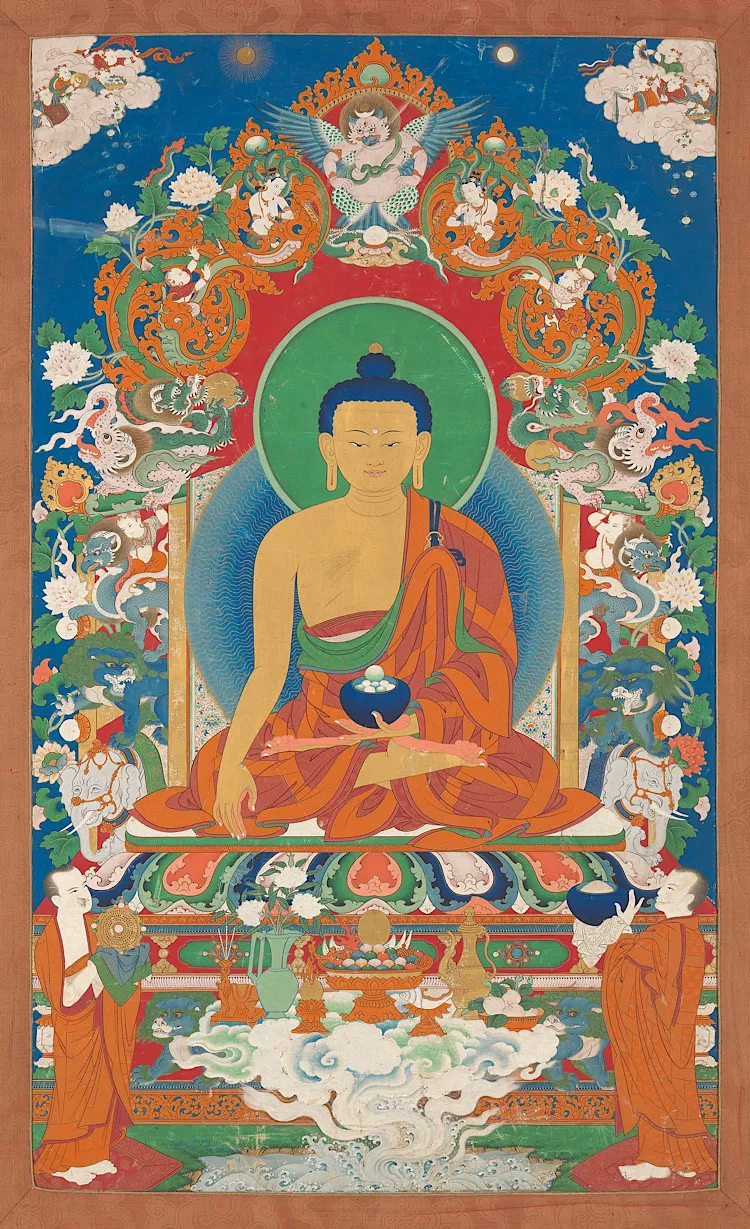
An iconographic painting of the Buddha in the Tibetan style from the early 20th century. (Wellcome, CC BY 4.0)
Table of Contents
Books (38)
Featured:
-
⭐ Recommended
-
🥇 Best of
-
⭐ Recommended
-
⭐ Recommended
-
374 pages
-
198 pages
-
🥇 Best of
See also:
Canonical Works (24)
Featured:
-
⭐ Recommended
One should sustain this recollection
-
⭐ Recommended
A recipe for the good life, from having good friends to the realization of Nibbāna, this chant is a favorite of Theravada Buddhists the world over, myself included.
2 pages -
Should you find a way to peace and happiness,
Strive constantly to put it into practice -
Gives some vivid imagery to illustrate the Buddhist outlook on life. While explicitly couched as similes, the images in this sutta demonstrate that even the earliest texts were no strangers to literary style.
-
What do you think, chief? Could a broad rock rise up or float because of prayers?
-
The Canonical definition of the Noble Eightfold Path.
-
⭐ Recommended
It would be good, lord, if the Blessed One would teach me the Dhamma in brief
-
🥇 Best of
Who was the Buddha in his own words? In this story, he calls himself the “Tathagata” or “Truth-Arriver”, and he responds to a question on what will become of him after his death. The Buddha explains that he doesn’t talk in such terms, as he has overcome all such notions as “I am the body” or “I am the mind” so how could such a question ever be answered? He ends the discourse by famously saying that all he teaches is suffering and the end of suffering, thus redirecting our attention from empty philosophical musings to the things that matter most.
See also:
Readings (16)
Featured:
-
🥇 Best of
…recognize that this view is not scientific discovery: it is ideology.
-
Meditation makes us better people. Does that make it mandatory?
-
The idea of the Buddha nature, or the earlier idea that “this mind is brightly shining, but it is defiled by visiting defilements,” point to a potential for good deep in everyone…
-
Freud in particular developed the concept that freedom means acting on one’s desires. … From a Buddhist standpoint, this notion is totally twisted
10 pages -
Do Buddhists pray? What are they imagining when they worship?
See also:
Audio/Video (35)
Featured:
-
⭐ Recommended

-

-
“Right View” is to see and let go.
-

-

-

-

-
We don’t doubt that the Buddha attained nibbāna, but we doubt very much that we can
-

-

-
A concise introduction and overview of Buddhism. A perfect entry point for beginners, and touchstone for everyone.
-
Are we really living according to our ideals?
-
⭐ Recommended

-
A short, guided meditation introducing mindfulness to the denizens of Second Life.
-
 13 min
13 min -

-

-
The monks from Abhayagiri chanting the much beloved sutta on Loving-Kindness: Snp1.8.
-
 2 min
2 min
See also:
